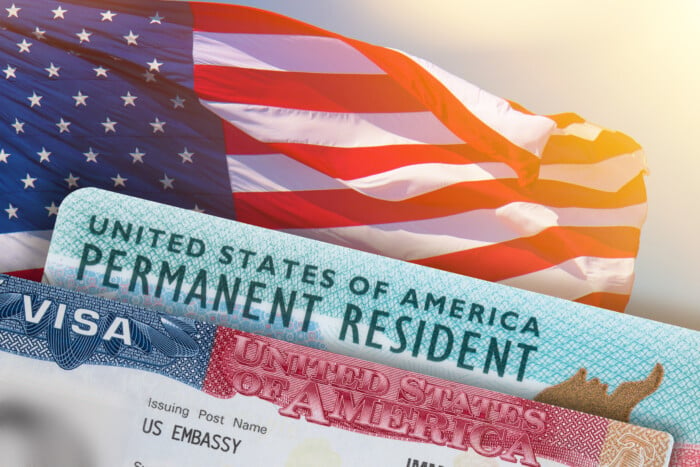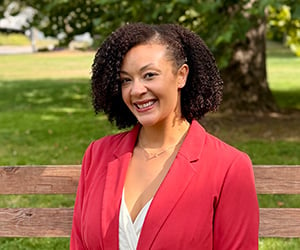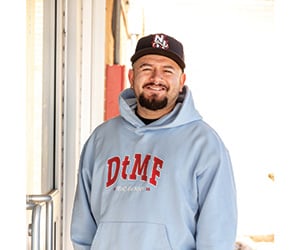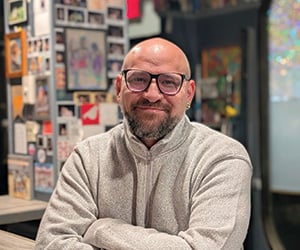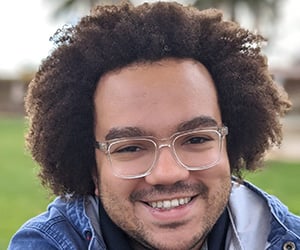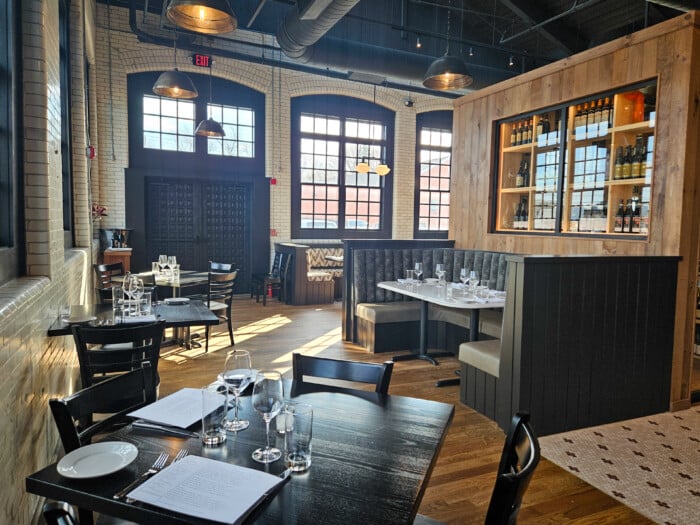Immigrants make significant contributions to NH workforce
2nd annual NH Songa conference highlights barriers and opportunities
NH Songa highlighted the important role that immigrants play in New Hampshire’s economy at its November conference.
The state is seeing a natural decrease, where more residents die than are born each year. What keeps New Hampshire’s population growing is about half fueled by migration from other states and half from foreign-born people.
Foreign-born people make up about 6% of the New Hampshire overall population and about 7% of its workforce, said Brian Gottlob, director of the Economic & Labor Market Information Bureau for the NH Department of Employment Security.
Of those, about 60% are naturalized and are current U.S. citizens and 40% are non-citizen workers, like temporary visa workers, refugees and asylum seekers. Gottlob noted that his data comes from reports and voluntary surveys that likely do not include undocumented immigrants.
New Hampshire foreign-born workers tend to be more highly educated than the average, with 45% holding a post- secondary degree. They also tend to have higher average and median household incomes compared to native-born residents, due in part because they may have more workers per household or higher educational attainment.
Collectively, foreign-born workers contribute $4.6 billion to the New Hampshire economy.
The primary industries in New Hampshire where foreign-born workers are employed are manufacturing (9.7% of the workforce), professional services (9.2%), wholesale (8.7%), food service (8.5%), waste management (8.4%) and health care (7.3%), according to the data compiled by Gottlob.
This impact is part of why NH Songa founder Jean Hakuzimana launched the inaugural conference last year and made it an annual event. He hoped the conference would be a starting point for conversations about the value immigrants bring to the community, particularly when there is so much negative rhetoric nationally. He encouraged attendees to keep building community.
“Help a friend. Find humanity in your next-door neighbor, your work colleague,” Hakuzimana said in his opening welcome.
Ascentria Care Alliance, which provides an array of social and medical services to vulnerable communities, relies on immigrants to fill staffing roles. Among their services are in-home care for seniors or disabled people. Amy Moore, Ascentria’s vice president of home services, said that despite the low pay for caregivers, its direct care providers are keeping people alive. Many of these caregivers are immigrants. Ascentria created a mentorship program for first-year caregivers, which is improving retention. That retention is critical when there is more demand for home care services than they can fill roles for.
Nancy Skar of Easterseals echoed similar hiring struggles, but they’ve seen success in hiring immigrant workers, many of whom are highly educated. They found that, by expanding their onboarding training for all employees, they have improved the overall infrastructure for new staff.
Language barriers were a frequent concern about workforce participation. Some companies, like Easterseals, have brought in English language instructors.
The NH DMV has staff that speak 16 languages and is investing in a device that allows translation into 85 languages. It is releasing driver’s education study guides in the five most common languages spoken in New Hampshire, too.
Claudine Gasana, who arrived in Concord as a teen after being a refugee from the Congo, said she struggled with communication and finding the right words to convey her meaning when she first arrived. She told the conference she had a hard time connecting with her peers because jokes and expressions didn’t translate in a way that was funny to her.
Despite those challenges, she graduated from Concord High School and then from Keene State College.
So she can relate to her students at Second Start, where she teaches English to speakers of other languages, and Concord High, where she’s the family center coordinator.
Loick Muyuka of the Small Business Development Center shared that there are barriers to New Hampshire getting the full benefit of its immigrant population. His father had worked as an engineer for more than 20 years in Congo before he came to the United States. When he arrived in 1999, his credentials, despite decades of experience, were not recognized, so he worked at McDonald’s to support his family. Then, he was taking classes at Manchester Community College when a teacher recognized his qualifications and helped him make connections that led to a career that better utilized his skills. He now leads a whole department for Easterseals and oversees employees, many of whom are immigrants, too.
Muyuka said that employers don’t have to lower standards to hire immigrants.
“We are competent,” he said. “We just need a chance to prove ourselves.”
This article was featured in 603 Diversity.
603 Diversity’s mission is to educate readers of all backgrounds about the exciting accomplishments and cultural contributions of the state’s diverse communities, as well as the challenges faced and support needed by those communities to continue to grow and thrive in the Granite State.

